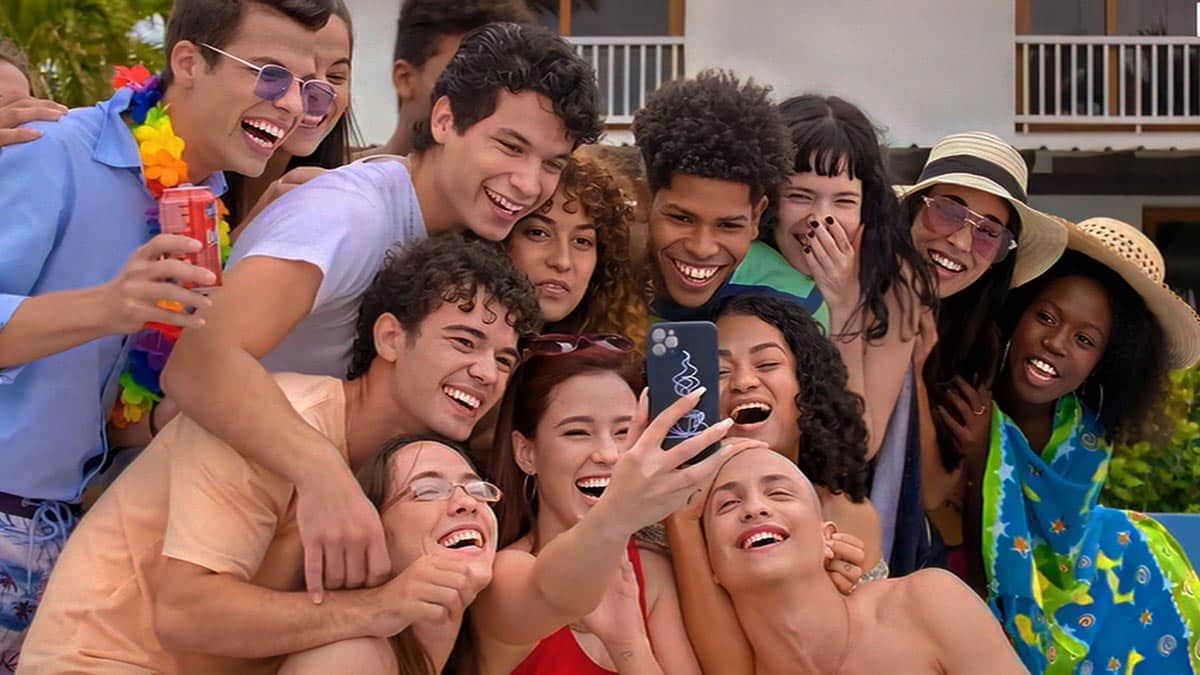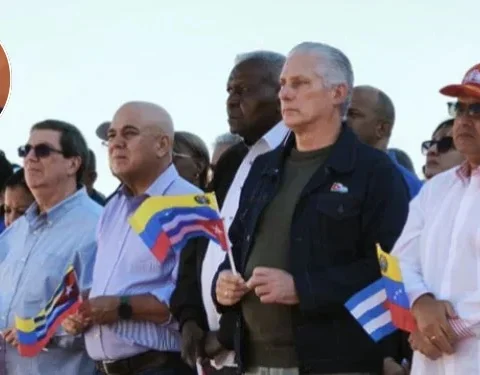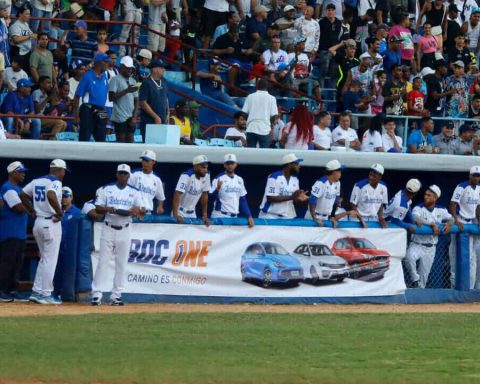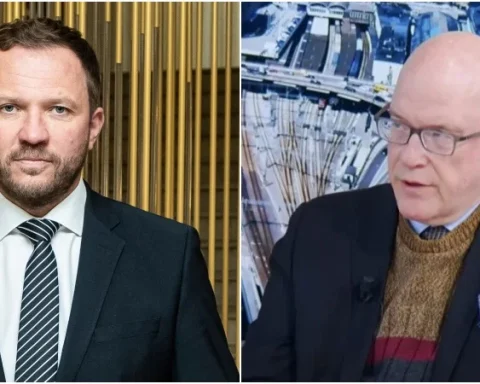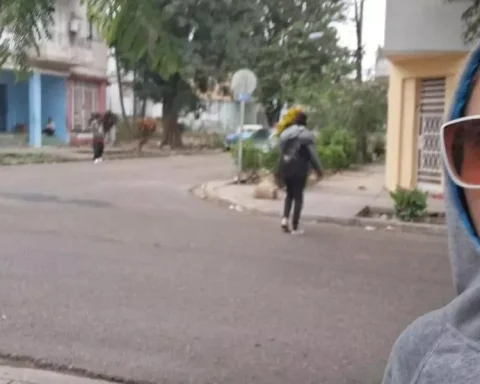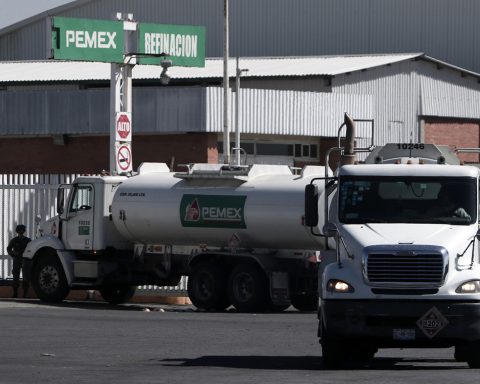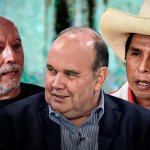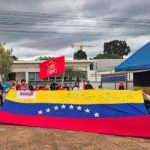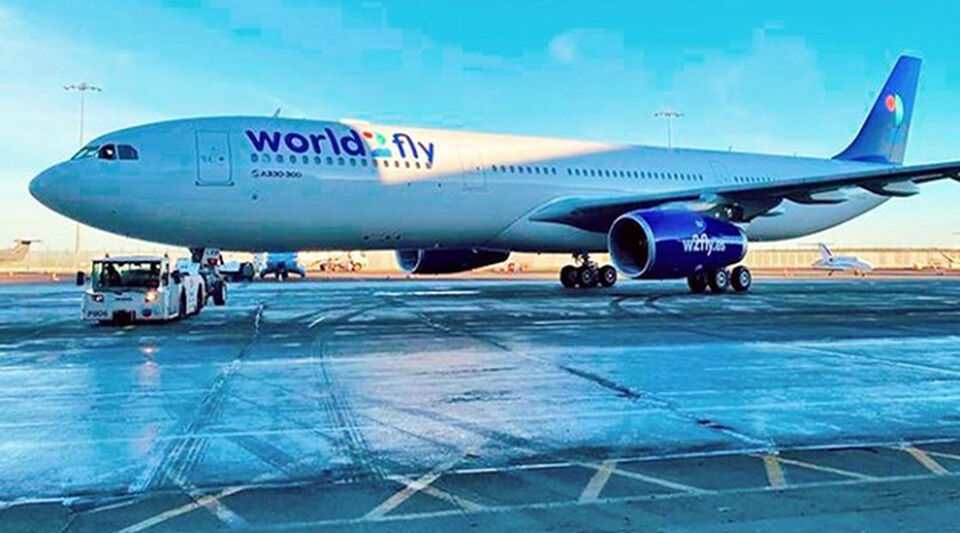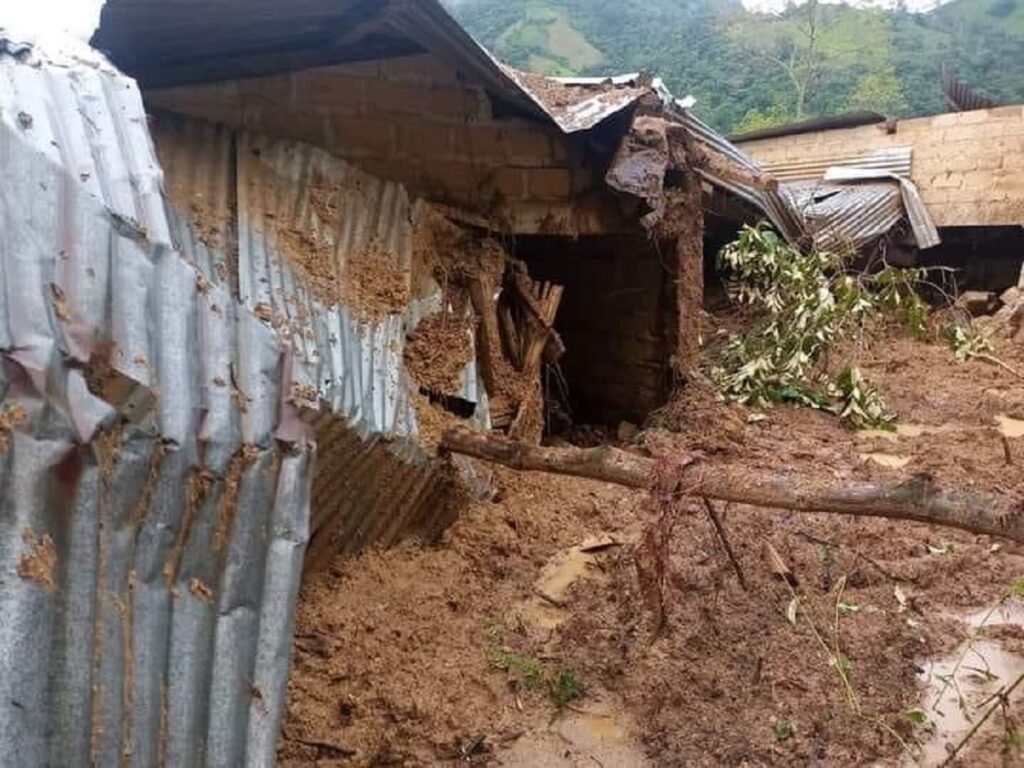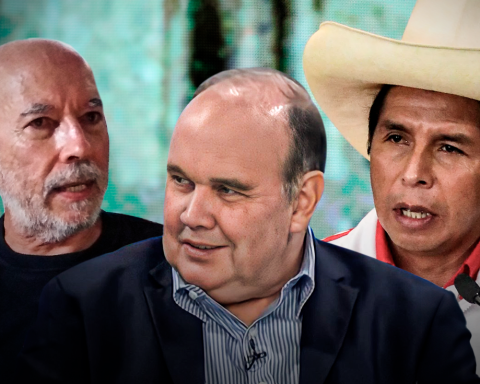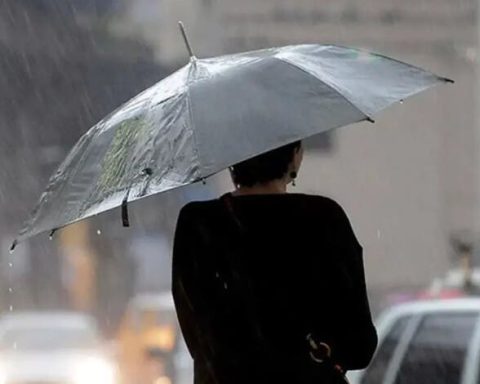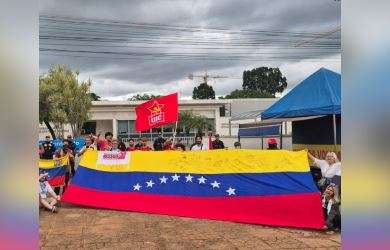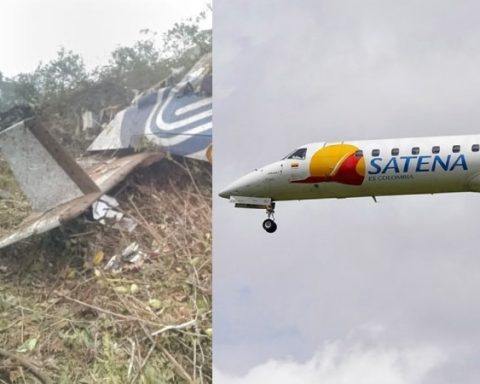A sunny and extremely hot afternoon welcomed us in one of the main locations of the second season of Calendar, the series that we all eagerly await to discover new stories and rediscover conflicts that left us in uncertainty and impatience. We arrived at a secondary school in the Playa municipality, converted into a pre-university school for the series, with the illusion of being part, for a few minutes, of a beautiful creative process, full of rigor, but also of magic.
The last scenes in the classroom were recorded that day, which gave the collective and the actors an added emotionality, a commitment to art and to the public. We had to wait patiently, keep quiet so as not to interfere with the process, pay attention to all the details and remain open to improvisation.
A final “cut” from the director, Magda González Grau, her words of thanks to the crew and actors, and extended applause, warned us that it was time to explore and find testimonies before a short thirty-minute break ended. We had such good luck that at that moment Amílcar Salatti, the screenwriter, made his entrance to the location. We intercepted him and, in the short time he had available, we managed to talk about the new paths proposed from the script to Calendar.
Did assuming the writing of this second season with such haste suppose more pressure when it came to researching the themes, or did you already have the path “earned” from the previous season?
Amílcar wipes the sweat from his face, reflects for a few seconds, opens his eyes dramatically and answers us:
A: Ever since the series was being edited and they gave me the first episodes, I liked the result, and it gave me the opportunity to think about the second one and be prepared. When we were already certain of a second season, the job helped me speed up the process and take advantage of the fact that many stories had a certain continuity and that they had to be developed.
How to deal with more acute themes without giving up the essence of the first season?
A: The essence of the series remains, which are clearly now more complex themes and the way it is structured is different from the structure of the first season; if in the first the chapters almost always focused on one or two students, in this one it will be a little more choral, therefore, there is more capacity to develop all the problems throughout the plot. Here a problem appears and develops throughout the thirteen chapters. In that sense, it does give time to delve much deeper into the problems.
Amalia will no longer be a newly graduated teacher, she will have more experience. Will this suppose a stylization in educational methods?
With a perpetual smile on his face and somewhat surprised, he answers:
A: No idea! That will have to be said by the public because honestly I had not thought about it. The essence of Amalia is maintained, which is true that she comes with an experience of having faced many problems, and thanks to that she will try to solve those that appear in this second season, but frankly I will see it with the result on screen.
Knowing that we no longer had time to interview him and with a certain playful desire, we asked him something that fans of the telenovela “Delivery” have asked a lot:
Will there be a chance to see a crossover of the history teacher, Manuel, in Calendar?
His answer was accompanied by a spontaneous laugh and a very special shine in his eyes:
A: Everything is possible!
The thanks and the final greeting were very brief, since we had very little time to find other opinions and we were very interested in talking with Magda González, which we did immediately. She kindly asked us for a few minutes to finalize details and then approached us giving us all the time she had. Swift and aware of the haste, we do not devour them with questions:
At some point he has confessed in interviews that the immediate impact of the series took them by surprise. Are you scared by the great expectations created by the public regarding this second season in production?
M: Of course we are terribly scared of expectations! We were shocked that people were waiting for a second season, the Sunday after the first had aired. And it is that people do not know that it was necessary to see how the series worked, to see if a second season was made! Now, the best thing is that we can even think of a third, because the conflicts that appear in the second, there are many that do not close, and we are already proposing that there may be continuity. But of course it compromises us, it scares us, we are terribly afraid! Of course, we are working very rigorously, so as not to disappoint the expectations of a public that was faithful from the first broadcast to the last, and that has not stopped giving us joy, satisfaction, thanks… So, it becomes much more difficult for us.
The development of stories that were left open in the first season, plus new ones that are added, point to a more mature and deep treatment of the issues. How have directors and other technical disciplines assumed this growth of the plot and of the characters that come together in it?
M: Above all it has been from the direction of actors. It is no secret to anyone that the actors who gave life to these boys in the first season were older than their characters. So we had to do a lot of work so that the interpretation and behavior of their characters was that of high school boys and that there was a high degree of credibility in their performances. But in this second season, being older, more mature, they face conflicts that are much more complex and required extreme care of the psychologies of these boys who have grown up. A specific case is the character of Inés, who ends up raped in the last episode of the previous season, and from that incident the character undergoes a total transformation in her behavior; There has been very interesting acting work there, very careful to achieve credibility and the identification of the public with this particular conflict. As for the technical disciplines, we now have a new director of photography, who had to stick to the aesthetics that we handled in the first season, which has been a learning experience for her and the rest of the team. Specialties such as setting, sound and editing have grown in the process, maintaining the essence. But definitely the strongest disciplines are photography and lights, which respond to that hopeful air that Amílcar Salatti proposes from the script.
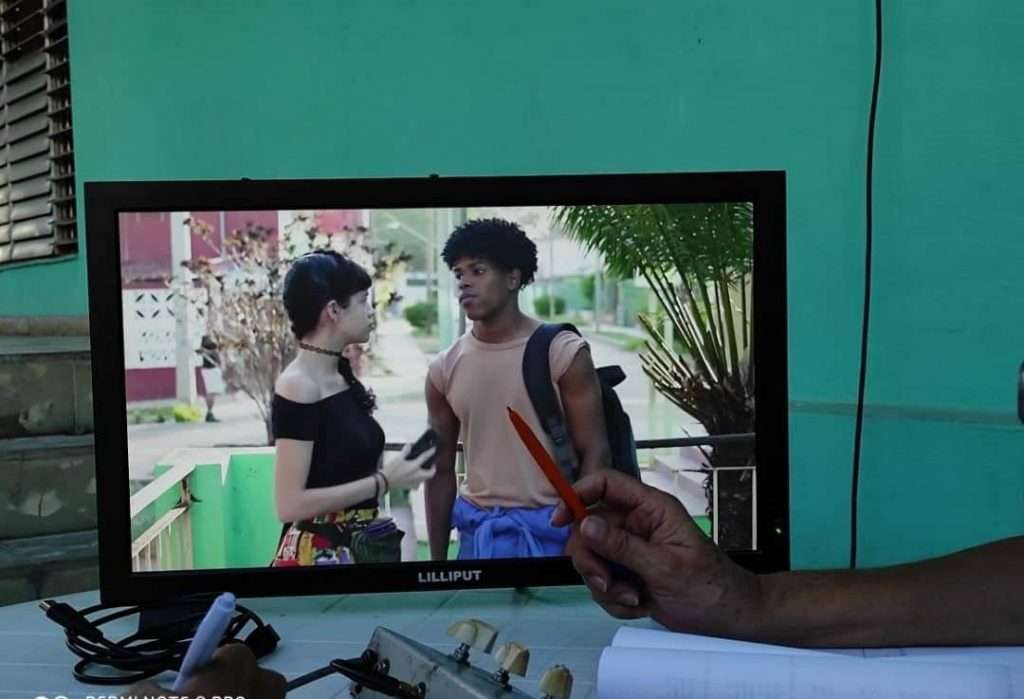
Foreign youth series usually propose from costume design, makeup and hairdressing, aesthetic paths that young people can emulate, appropriate them. Have you thought of proposing something similar from those disciplines?
M: Totally! It amuses us to see, for example, how many girls have begun to wear bows like Noemí, or braids like Maritza used them, or see bald boys like Orestes or Israel. It is something that is thought, a way to set trends, but that is a Cuban trend, Creole, not foreign. Create our own paradigms! In this sense, we have relied on small companies specializing in handcrafted accessories and clothing, and the result has been very interesting.
What institutions have collaborated in this second season?
M: The Ministry of Education was a great help, for uniforms, for example. We recently had a visit from methodologists, and they are extremely grateful for the series, they feel that we have pointed out ways to improve their work. The Ministry of Culture and all the companies and institutions to which we have knocked on doors have also been very present, something that in the previous season was more difficult for us; but in this one they already know us, they already trust the project and collaborate even in the smallest details, something that we appreciate in times of so many difficulties and shortages.
What similarities and differences at a productive level do we find in these two seasons?
M: None, only the circumstances of the country. It is the same production system, but we have to understand that the country has changed: before we were in a pandemic, now there is greater openness, but in the same way everything has become more expensive.
What do you think of the need for series and other types of material for adolescents and young people to have a more marked presence in our television programming?
It’s fundamental. And, furthermore, I am very glad that they are broadcasting “Promesas” at 8:30 PM on Sundays. It is a space that was only reserved for the police, in which they must continue, of course, but alternate them with premiere series. A Tuesday at 10:30 PM is not the best time for a premiere series. “Calendario” proved that people followed it and waited for Sundays, and hopefully the upcoming series will stay on that day: “Primer Grado” by Rudy Mora and “Valientes” by Heiking Hernández.
Are you aware of the before and after that Calendar has meant in the socialization mode of our dramatized products?
M: Yes, from the very promotional campaign that created the Cubavisión channel. For the first time, a photo session was held for the actors, a whole campaign of preparation for potential audiences, a premiere was held with all iron. I feel that there is a maturity when it comes to supporting Cuban television products, which are made with so much work. All the flat press and digital sites echoed “Calendario” in one way or another.
To finish, we wanted to formulate a question that would bring out the most authentic feelings in Magda:
In one word, tell us what is for you Calendar.
At the question, the experienced filmmaker’s eyes began to redden and her voice cracked.
M: Candle! Right now, right now… it’s one of the meanings my life has.
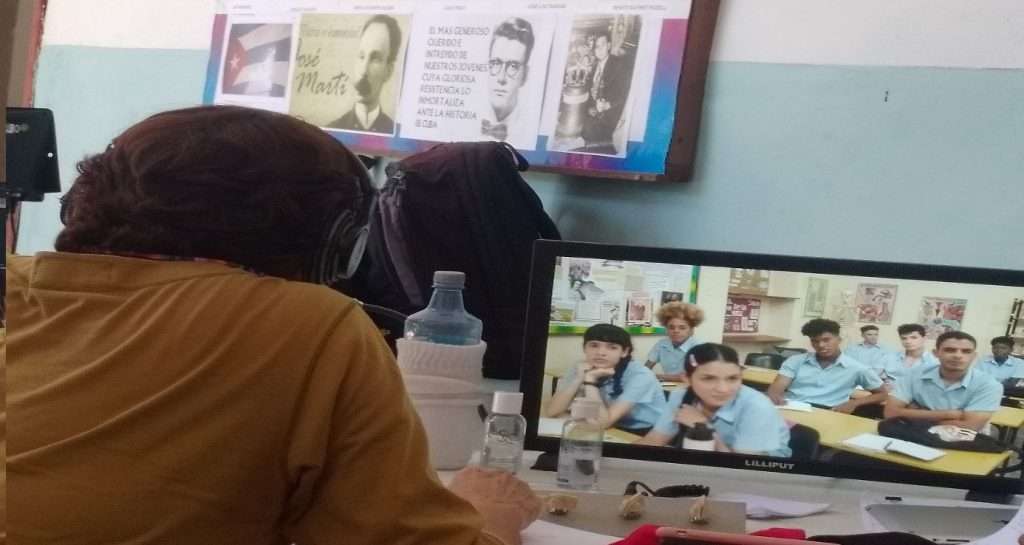
His naked words of imposture and falsehood moved us deeply and made us thank him for illuminating the innocence of our children and young people with Calendar. She then wiped away her tears and quickly set about preparing for the next scene. We continue our search, this time interested in the statements of some actors from the first season and others who join. His answers were very flattering and full of frankness, but… that’s a story for another article.
